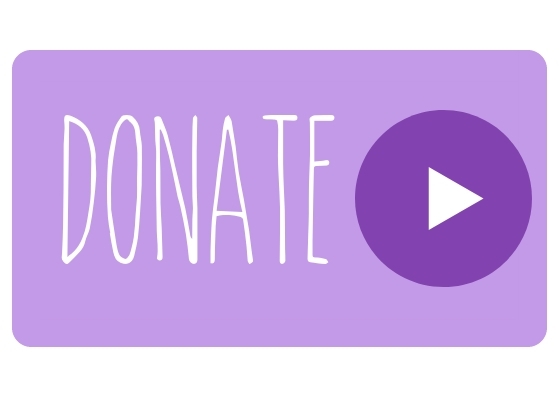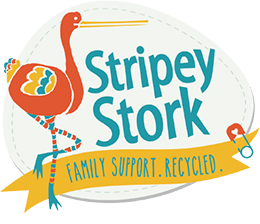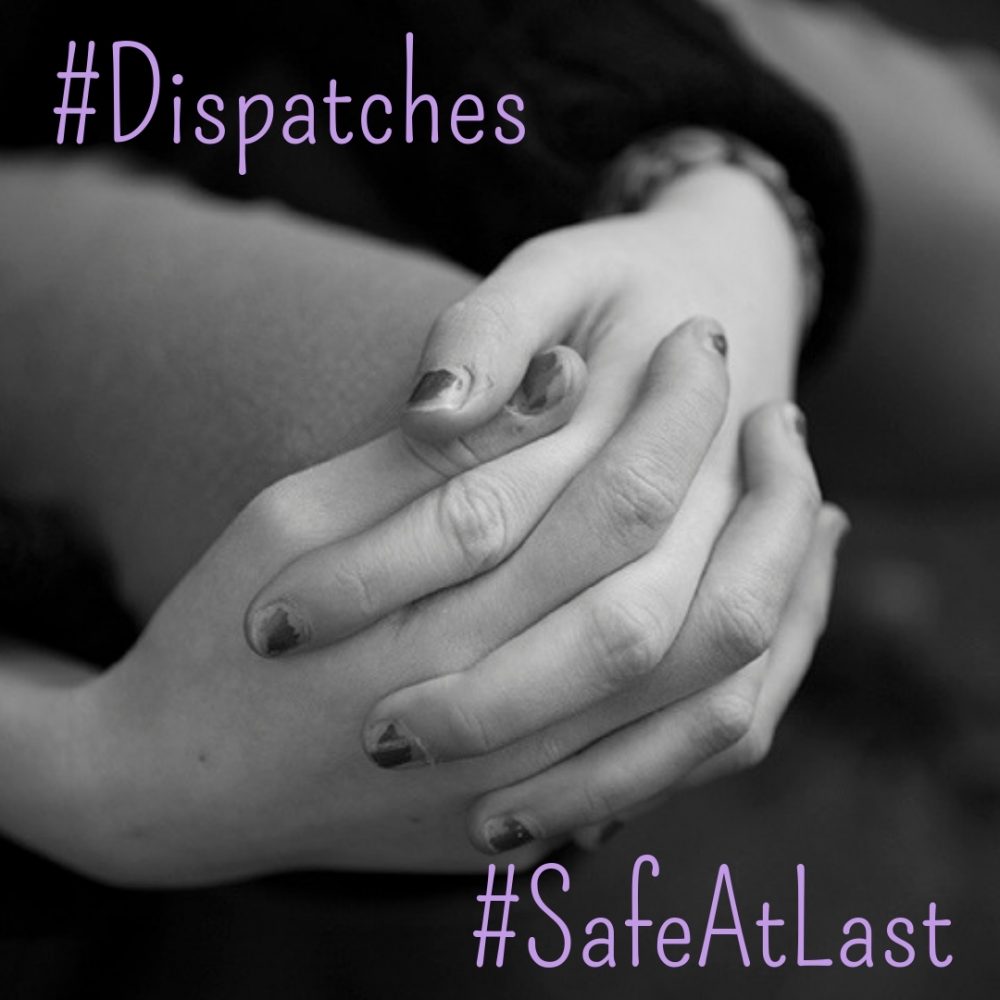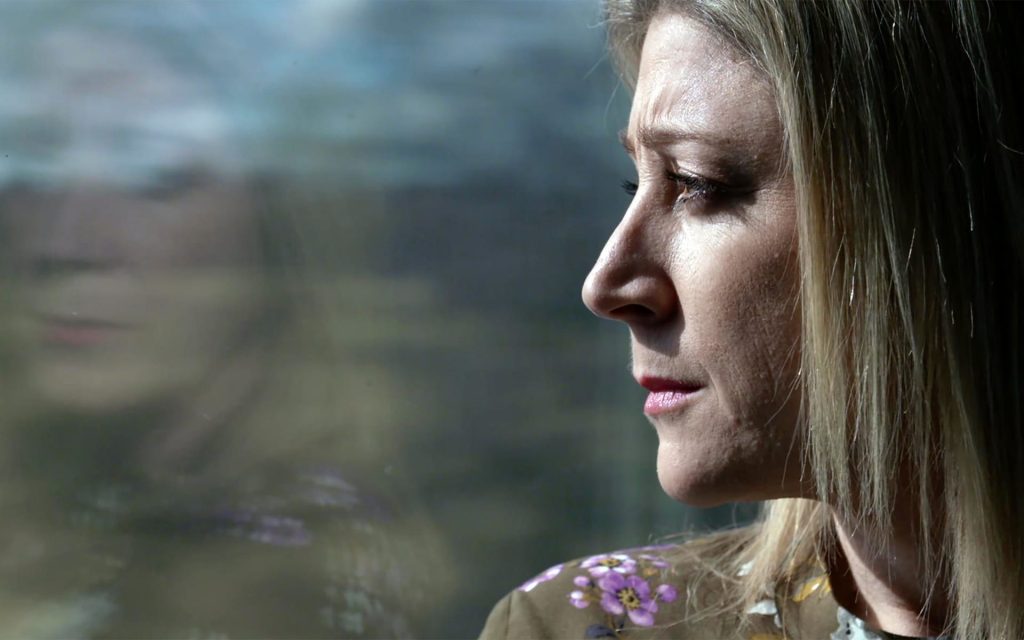In a TV first, Channel 4 Dispatches spent over a year filming inside our local women’s refuge, Reigate and Banstead Women’s Aid (RBWA), to shed light on the extreme difficulties faced by survivors of domestic abuse and the funding challenges of the refuge which has become a lifeline for women like them.
You can watch #SafeAtLast on Channel 4 Catch-Up – it’s such a powerful piece, which is sympathetically narrated by Julie Walters and highlights a very real challenge which is happening right now on our doorstep.
If you’ve been moved by this documentary and would like to contribute to their plight then you can donate here. On Tuesday 26 February we watched with a vested interest – Stripey Stork have been long term supporters of RBWA and our team have seen first hand the amazing lifesaving work they do. In fact, one of our ‘packages of care’ had a subtle cameo appearance on the programme.
On Tuesday 26 February we watched with a vested interest – Stripey Stork have been long term supporters of RBWA and our team have seen first hand the amazing lifesaving work they do. In fact, one of our ‘packages of care’ had a subtle cameo appearance on the programme.
We wanted to support the RBWA in raising awareness of the broadcast, so volunteered our communications expertise around this time. It was a pleasure to be able to contribute in some way and we hope it had the desired effect.
The Funding Challenge
Funds are desperately needed for our local refuge to survive – shockingly they only have 4-6 months of funding secured, and it’s scary to imagine what lays beyond this time frame.
Government cuts have meant that local authority spending on refuges has been cut from £31.2m in 2010 to £23.9m in 2017. The RBWA currently costs £375,000 a year to run – a quarter of this comes from a Surrey County Council grant but this funding is never guaranteed and can be dropped within a 3 month notice period. Another £115,000 comes from housing benefit and the rest must be found by the RBWA through one-off grants and fundraising activity. When they should be solely focussed on caring and helping these women to rebuild their lives, they are having to put their efforts into securing funding to ensure the refuge survives.
This is why the bold decision was made to let the film crew inside the refuge, but it wasn’t an easy decision to make. As Charlotte Kneer (CEO of RBWA) confides:
“From the minute I was asked to help make this film, day in and day out, it has caused me to lose sleep because I have had to make sure that everyone was kept as secure as possible.”
You can read more about the motivation behind this bold decision in The Sun’s recent coverage.
Shocking Statistics
The documentary highlights some disturbing facts:
- Domestic abuse costs the UK £66bn a year.
- Every day the National Domestic Violence helpline receives 230 calls of victims looking for a safe place.
- 1 in 4 women will experience domestic abuse in their lifetime.
- 2 women each week are murdered through domestic abuse in the UK.
- The drastic shortage of beds means that 6 out of 10 women will be turned away from refuges.
- Refuges have lost a quarter of their funding in the last 10 years and 1 in 6 refuges have had to close – with only 302 refuges left in England and Wales.
Dispatches takes you on an emotional journey with some of the brave women and their children who arrive at the refuge.
Susan
Pregnant Mum of 3 was on the street with nowhere to go and arrived at the refuge with nothing but the clothes they were wearing, they’d fled their home 200 miles away. Her partner had become increasingly violent towards her since being pregnant, which we learn is common in cases of domestic abuse. The final straw was when her young daughter was thrown across the bedroom into the wall.
Rachel
A long-suffering domestic abuse victim of 18 years. As well as the repeated physical abuse, she was isolated her from family by her husband, another form of control. During filming, Rachel left the refuge to return to her husband, much to her support worker’s frustration. This is sadly something which they see time and time again – women often return 7 times before they leave their partner for good. But they appreciate that these women need to reach this conclusion on their own. Thankfully, in Rachel’s case she was back in two days after he turned violent towards her again.
Alison
This story is probably the hardest to watch. Alison (whose name had been changed for protection) had been beaten and sexually abused for 16 years and the fall-out of this on her now teenage children is devastating. They have been witness to the abuse and understand all too well what is happening, going through all the associated emotions – from anger to grief. Her eldest teenage son, who was also physically abused, had witnessed his Mum being strangled and had started skipping school to protect her.
They arrived at high risk because her ex was already looking for them. Unfortunately he managed to track them down through a photo of one of her children in their new school uniform on social media. Alison and her children were devastated to be leaving the safety of the refuge and were pleading to stay – they finally felt protected and then were being forced to uproot again. A hard watch indeed! They only had an hour to leave as it had been reported that he was on his way. With only 4 refuge spaces in the country at the time, anxiety levels were high. Luckily, a last minute place at another refuge became available and the family were safe once more.
Charlotte
Charlotte’s own story is also featured in the documentary, who is herself a 9 year victim of domestic abuse and has been the motivation behind the great work she is doing. You can read more about her journey here.
More than a shelter
What comes across loud and clear, is that the refuge is more than a shelter where essential items are provided, but a 6 month rehabilitation programme with access to specialist help from Family Support Workers, counselling and health advice. Each family lives independently, but becomes part of a bigger support network made up of the other families and the 8 refuge workers.
“Shadows come into this refuge and women leave”.
Aftercare is also provided once they have left the refuge to begin their new life, which is so important in ensuring they don’t slip and go back to their perpetrator if things get lonely in the outside world.
The Future
Over the last 34 years the RBWA have helped over 1800 women and it’s devastating to think that their life-saving work may not be available in the near future. The documentary poignantly ends with one of the carers having to turn down a woman looking for a refuge because all 11 of their spaces were taken. You feel their heartache of not being able to help due to the limited resources they already have.
We’d like to take this opportunity to express our admiration for Charlotte and her wonderful team for everything they do.
If you are a victim of domestic violence, please can the free 24 hour National Domestic Violence helpline on 0808 2000 247 or visit www.womensaid.org.uk.
Media Coverage
Here’s some of the #SafeAtLast media coverage for further reading:
The Guardian: https://www.theguardian.com/tv-and-radio/2019/feb/26/safe-at-last-inside-a-womens-refuge-review-film-desperate-situation
The Telegraph: https://www.telegraph.co.uk/women/life/womens-refuges-saved-mine-countless-lives-national-scandal/
Local Susy Radio: http://www.susyradio.com/2019/03/04/reigate-and-banstead-womens-aid-rbwa/
Others: https://twitter.com/louisa_compton/status/1100703594108469248









